PPS#120 | 5 Wonders of Our Senses
- Rebecca D'Souza
- Jul 3, 2022
- 6 min read

The Mandarin Tree
The mandarin tree
has many branches.
Many leaves
and many branches.
From around the gate
we see it standing
against the purple sky.
Closer,
we can feel its leaves.
we can feel it grow.
When you walk up the hill to the tree,
you’ll hear yourself breathing heavily.
You’ll hear the force of the wind
as it passes through the leaves and the branches.
Now,
we’re close enough to pick mandarins.
We can peel them, eat them
and smell its skin and flesh.
Having smelt it,
we can taste its
zest and freshness.

A few months ago, I had watched “Le huitième jour”, “The Eighth Day”, by Jaco Van Dormael. I appreciated it in several ways. One, because I had been working with children with disabilities at the time, and I could get a grasp of the emotions felt by such individuals in day-to-day circumstances. In the general public space, individuals with disabilities are so often compounded by detrimental judgement. Two, because the movie tapped into Georges’, the protagonists’ feeling and experiencing of the natural world around him. I found it touching. I’ve included stills from my favourite scenes where this proximity is shown. A proximity we all have with nature as breathing, moving human beings. It’s unique to the human existence within the living world. We grow and learn, feel, see, hear, taste and smell the world we live in. “Human language is very precise and complicated, capable of carrying large amounts of information.”[1] However, to be able to be aware of and to perceive the world before we can communicate, we rely on the five senses. Throughout our evolutionary history, the latter has increased our capacity to survive and adapt to our immediate environment.
“Le huitième jour”, is a “1996 Franco-Belgian comedy-drama film that tells the story of the friendship that develops between a chance encounter between two men one night. Harry (Daniel Auteuil), a divorced, overworked businessman who feels alienated from his children. He meets Georges (Pascal Duquenne), an institutionalised man with Down syndrome, after Georges has escaped from his mental institution and is nearly run over by Harry.”[2] “A chance encounter which sets the scene for a carefully-crafted examination of love, loss, and the rediscovery of life”[3], by Van Dormael.
Quickly, as the film progresses, Georges and Harry become close friends. I’d recommend watching this movie even with its tragic ending with Georges’ committing suicide while carried by his imagination. Before alienated from his young children, Harry reconciles with them by making use of their senses and connection to the earth and nature, as Georges had taught him. This piece of writing is influenced by Georges’ view of the world, where a human’s heightened sensations meet complex yet simple things.
Dear Patient Reader,
Jaco Van Dormael’s “The Eighth Day” begins by charting the creation of the earth seen through the eyes of Georges. Georges’ eight days are primal, and I love them. “First there was nothing. Then there was music and then He made the sun. On the third day He made records, and on the fourth, TV.” It is Georges’ irrepressible imagination which lies at the heart of Van Dormael’s original and inspired film.
Eight Days
“At first, there was nothing.
There was only music.
On the first day, it was sunny.
It makes the eyes burn.
And then, He made the Earth.
On the second day, He made the sea.
It gets your feet wet.
The wind tickles.
On the third day, He made records.
On the fourth day, He made the television.
On the fifth day, He made the grass.
When you cut it, it cries.
He must be comforted.
Speak to him gently.
If you touch a tree, you become a tree.
If you close your eyes, you become an ant.
On the sixth day, He made men.
They are of all colours.
On Sunday, rest.
It was the seventh day.
Then, He wondered if nothing was missing.
On the eighth day, he made Georges.”[4]
Five Senses
« Imaginez que vous marchez pieds nus sur l’herbe une chaude journée d’été. Vous pouvez sentir la chaleur du soleil, la caresse du vent et la sensation de l’herbe sous vos pieds. »[5]
“Imagine walking barefoot on the grass on a hot summer day. You can feel the warmth of the sun, the caress of the wind, and the feeling of the grass under your feet.”
In philosophy, senses are understood to be based on perception, which makes our feeling and viewing of the world subjective. Our brains are constantly processing external sensory information to understand what is going on around our bodies. The brain works as a control centre for the processing and management of cognitive tasks. It plays the role of HR for our body and mind which are working in tandem. With this cognitive-physical synchronisation, is the vital job our five senses play to keep us in check as fully-functioning humans. As mammals, and as an extension of the animal kingdom, our physical senses make a heightened experiencing of the world possible. “Together they give us a pretty fascinating image of the world around us.”[6] No wonder babies and children are so awed and taken away by simple things. They see the world as it actually is; beautiful, without the worries and weight of a troubled world. In summary, we live on a beautiful earth, but in a troubled world.
A cherished memory prolongs and sustains itself when the events of that time and day involved all five senses. Or, a few senses that were strongly invoked.
From your hands to your toes, here’s a few notes.
1. Touch
We have hands to touch. Touch, a tactile quality, is one of the first, understandable sensations we have when we are born. The sense of touch allows for the tingling sensation of the damp green grass beneath our feet.
2. Sight
We have a pair of eyes which act as our own magnifying glasses and binoculars, for seeing and discovering the things around us. With sight, we are able to identify the source of stimuli present in our surroundings. We get to see the awe present in nature. Point one, it is healthy to get a dose of awe everyday. A small dose of nature that stirs happiness in your gut. Nature is incredibly otherworldly and bigger than us. Awe-filled natural forms and edifices, natural skyscrapers, are somehow here with us yet detached at the same time.
Point two, scientific studies have shown that seeing other humans triggers the highest number of neural pathways in our brain. That’s how much we love seeing the faces of other humans. It’s important so that we know that we can interact and socialise with other humans, and so that we do not feel alone.
Point three, light with sight activates a world full of sensations. Most of what light touches, we can discover.
3. Hearing
A pair of ears, which are the organs of hearing and listening. Not for the listening of other’s matters and gossip, but actually listening to someone when they talk and share in conversation with you. We hear, listen, and respond which are prior conditions for communication to happen. I love hearing a young child giggling, it’s really special and symbolic of their innocence and transparency.
“The ear collects sound, transverse pressure waves travelling through the atmosphere, the water or even the ground and turns them into electrical impulses to send to our brains. Our brains then use this information to build up a sound map of the world around us, allowing us to respond to the chords of a song or the urgency of a call for help.”[7]
4. Smell
A nose to smell earth-based forms like soil, when it’s raining, and something good simmering on the stove. Personally, thinking of smell in nature is very soil-based. Maybe it’s because many things we smell take root and grow in soil.
5. Taste
A tongue to taste the things that make us happy, endorphin-filled food and beverages. Taste and smell are related senses, and like touch, sight, and hearing, they are primal, instinctual assets.
Our lives are greatly enhanced by the filtered and fine-tuned dimensions of each sense. They are nuanced dimensions which make the things about life interesting. To come back to our evolutionary history, and since our emergence on the planet, the five senses have been a collective force in shaping the relationships we form with others, and within ourselves.
“Sense is one of the main methods for living beings to gather data about the world.”[8] Our senses render us as feeling, sensitive humans. We are made aware of our surroundings. We were fashioned to be receptive to the things around us, so that we can react in the most appropriate way. Our senses are all tools that allow us to explore the world. To stretch our curiosity and boundaries of discovery. The five wonders of our senses let us feel, sit in, and live in the world.
Till the next.
Source
P.S. Here in Mauritius, it’s getting slightly colder and feeling more like what a tropical winter can offer.
P.P.S. The next post is titled ‘The Sixth Sense’, also known as proprioception which is the perception of our body’s position in space.
References
[1]https://earthlife.net/mammals/senses#:~:text=1%20Sight.%20Sight%20is%20very%20effective%20at%20giving,be%20very%20useful%20if%20we%20could%20detect%20it.
[2] https://en.wikipedia.org/wiki/The_Eighth_Day_(1996_film)
[3] https://www.youtube.com/watch?v=UddCQaylBHc
[4] https://www.youtube.com/watch?time_continue=88&v=MChg-OszG30&feature=emb_logo
[5] https://savoirs.rfi.fr/fr/apprendre-enseigner/langue-francaise/journal-en-francais-facile-04102021-20h00-gmt
[6]https://earthlife.net/mammals/senses#:~:text=1%20Sight.%20Sight%20is%20very%20effective%20at%20giving,be%20very%20useful%20if%20we%20could%20detect%20it.
[7]https://earthlife.net/mammals/senses#:~:text=1%20Sight.%20Sight%20is%20very%20effective%20at%20giving,be%20very%20useful%20if%20we%20could%20detect%20it.
[8]
Images
https://www.cinemagia.ro/filme/le-huitieme-jour-39364/postere-hires/891830/
Imagini Le huitième jour (1996) - Imagini A opta zi - Imagine 3 din 9 - CineMagia.ro
Le huitième jour (Film, 1996) — CinéSéries (cineserie.com)
LE HUITIÈME JOUR - PAN EUROPEENNE (pan-europeenne.com)
s4-شفا: Le Huitième Jour: The Eighth Day (shefa.blogspot.com)










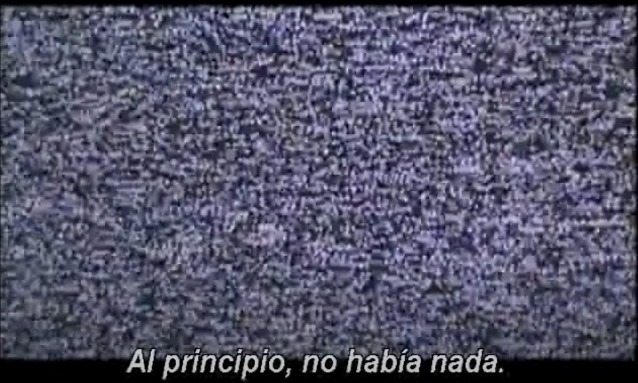

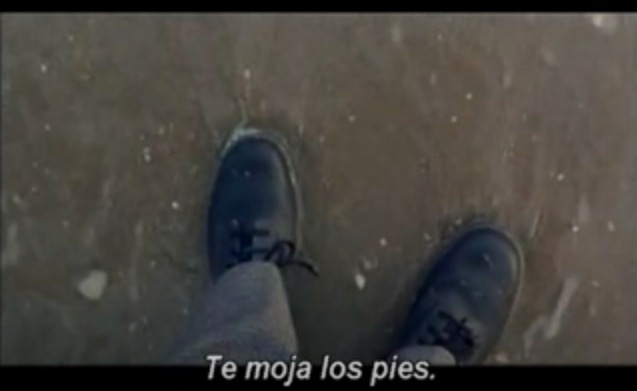

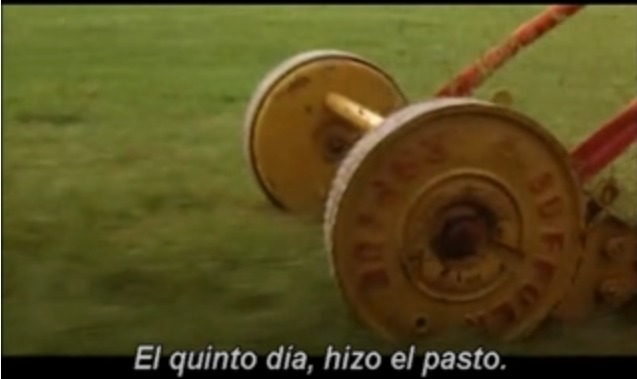

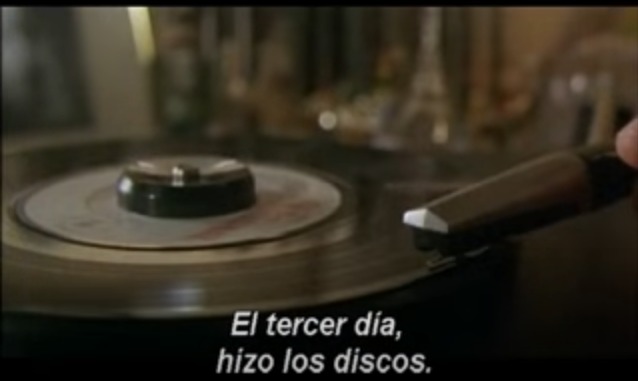

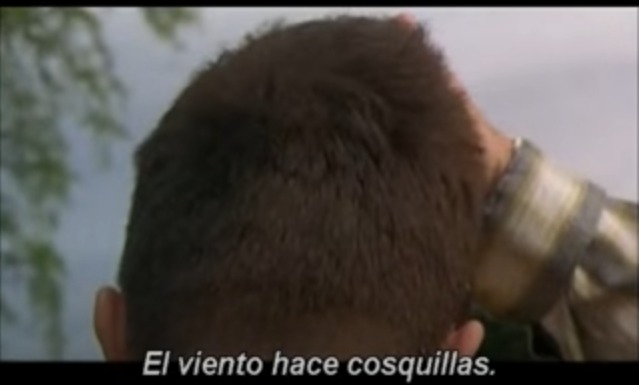

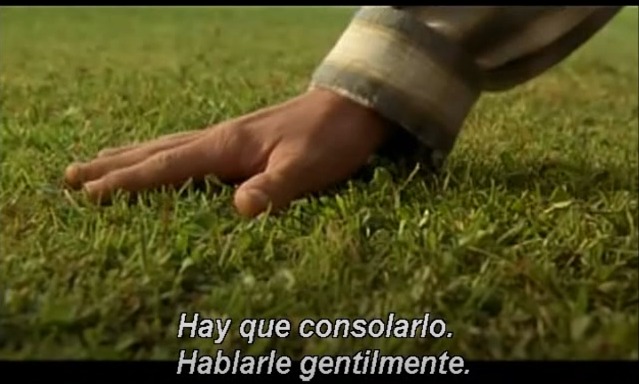

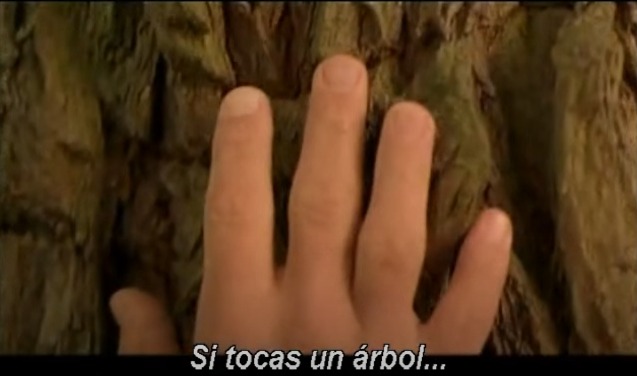



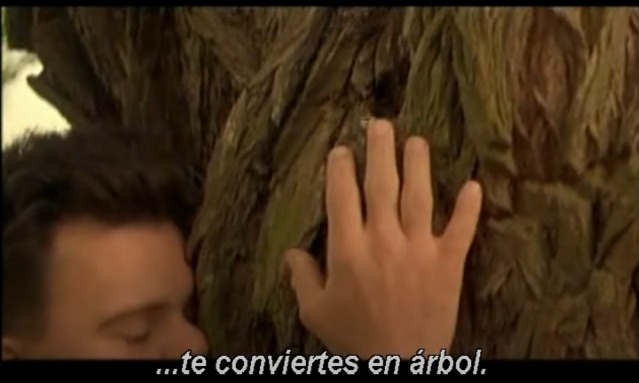

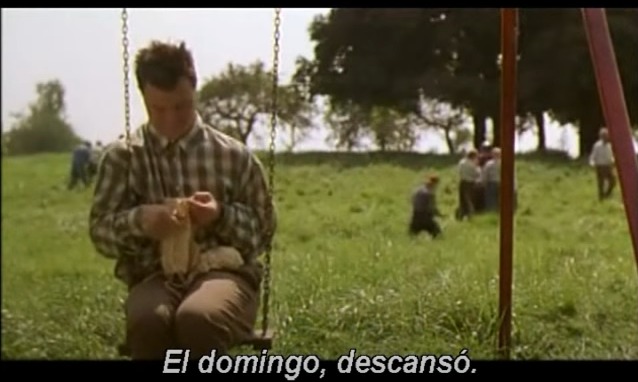

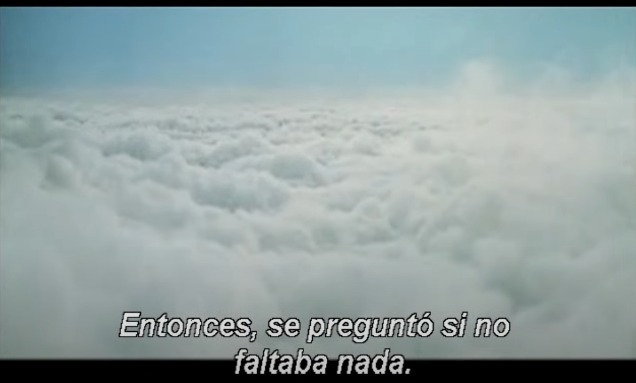

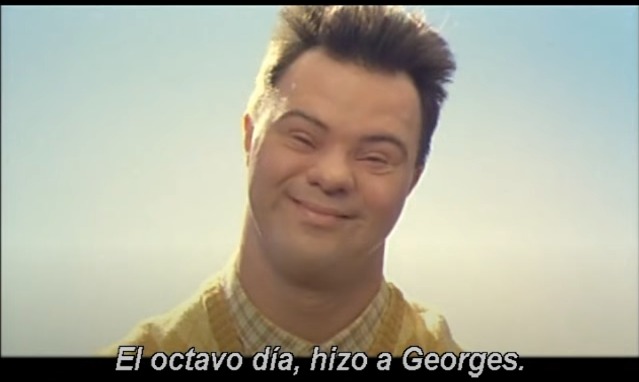

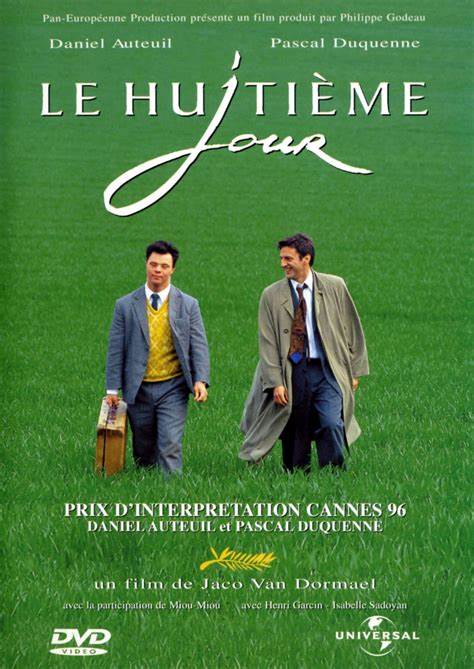

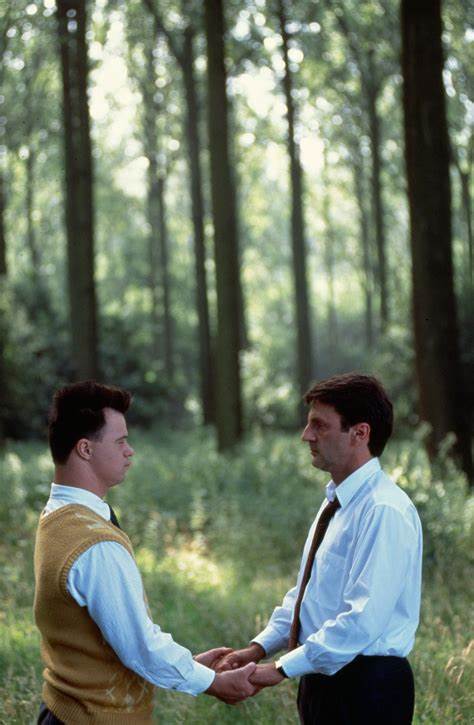












Comments